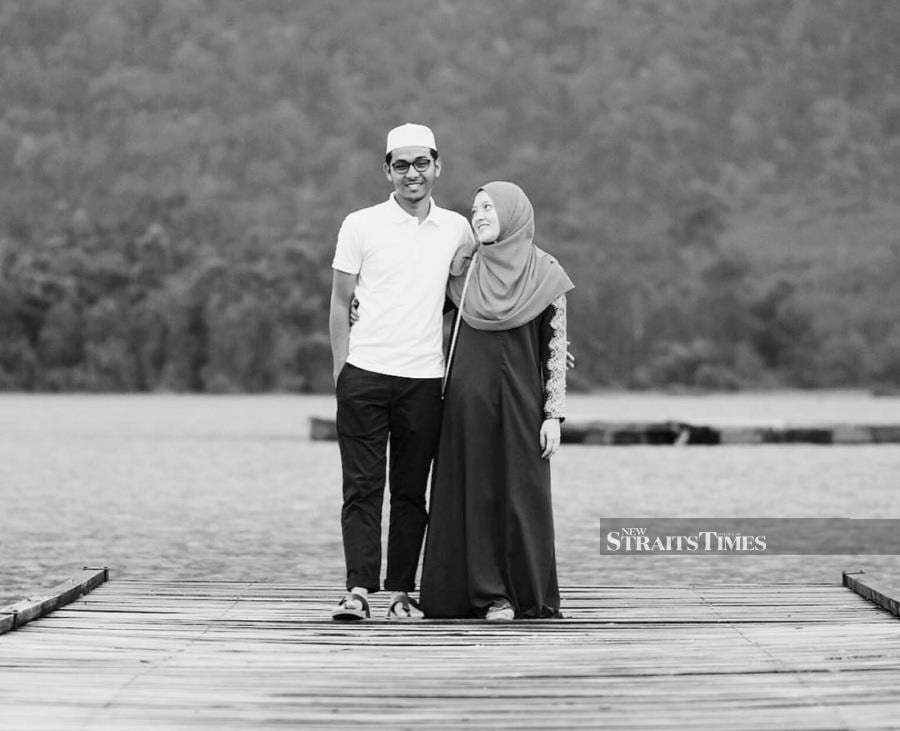THERE'S something to be said about rain and sadness. The patter of raindrops hit my windshield like a discordant rhythm. I've been sitting in my car for a few minutes, hoping that the ominous grey clouds would soon disperse. I can't help but think that the mournful weather seems to be a harbinger of what's ahead of me. Grief, sadness, the circle of life.
We'll all mourn, and we'll all eventually be mourned. Grief is personal, individual, idiosyncratic — but it's also public and universal. And public expression of grief is regulated and guided by every culture, every religion, with its particular rituals and timings. "It's different for everyone," explains Kamal Effendi Kamarudin gently, when I finally meet him after making that quick dash from my car into the bustling café a few hundred metres away.
He's been waiting for me. As I walk in breathless, shaking raindrops everywhere and apologising profusely for my tardiness, he sits there smiling — the epicentre of calmness in the midst of (my) chaos. "Take your time," he says. There's no hurry, he isn't going anywhere.
There are heavy subjects to broach and discuss but he's ready to talk. It's been six years since he lost his wife of one year to cancer. His remarkable story about meeting his terminally ill wife, marrying her and then finally losing her to cancer on their first wedding anniversary, captured the imagination and sympathy of Malaysians who'd been following him on Instagram and threw Kamal into the limelight — much to his consternation. What's more, his posts also drew many people in the throes of grief who reached out to him for advice and solace.
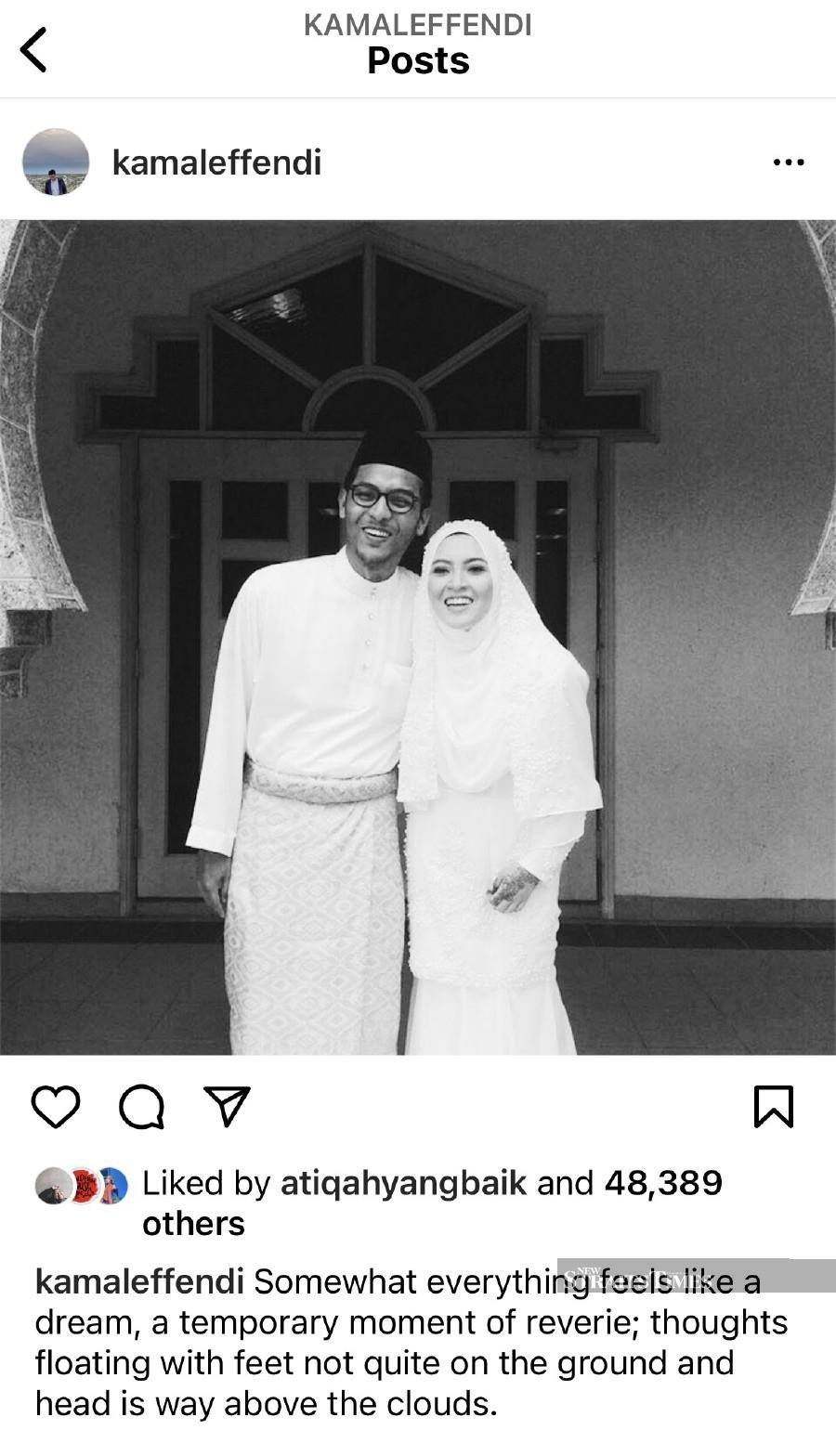
"I never wanted the popularity. I really love my privacy," he says with an audible sigh. "But how can I turn a blind eye to the messages from people coming to terms with grief and wanting to know how I dealt with my own loss?"
There was no way he could ignore that. "I've been asked to share my experience countless of times. So, I do what I can. If it helps someone deal with their pain, then I guess I'm happy," he explains before telling me that he'd just taken part in a spiritual summit. "I spoke on the topic of love, but of course the questions about grief kept coming in," he says dryly.
He may only be in his early 30s, but he's taken on the philosophical aspect of someone a generation older. "I'm sure there's some self-help cheese-ball book about the grey area," he says, adding: "but I've been having this conversation with my friends who are all about the same age and I'm saying, 'You know, life doesn't happen in black and white.' The grey area is where you become an adult . . . the medium temperature, the grey area, the place between black and white. That's the place where life happens."
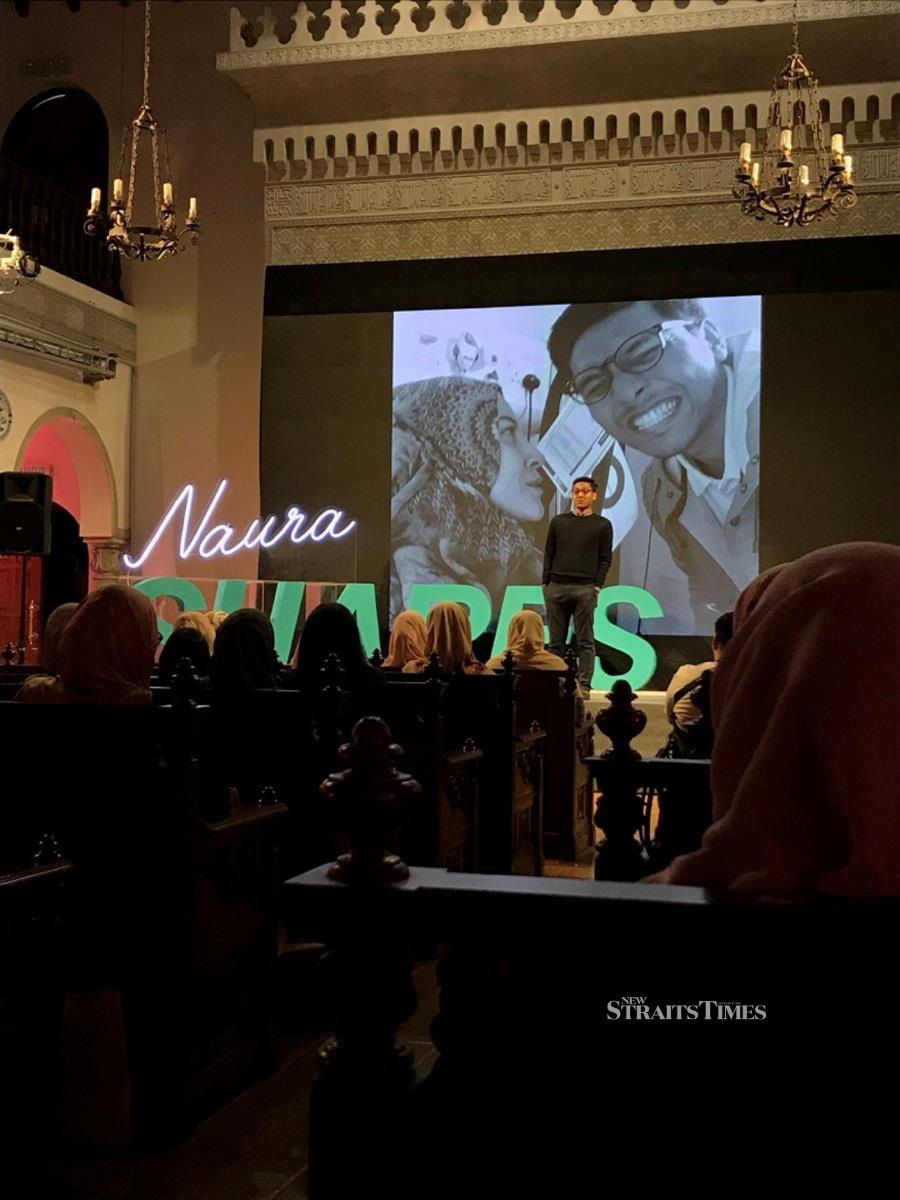
Kamal emanates the wisdom of a lifetime spent focused on an experience — his own. His manner is thoughtful and serene. During our conversation, he chooses his words carefully, gazing out the window while searching for the best possible formulation of words to describe his thoughts.
The mood is certainly grey, with sheets of rain pouring out of darkened skies. "Are you a sad person?" I ask him suddenly. It's a silly question perhaps but it has the result I was hoping for. He throws his head back in laughter before replying: "I'm not a sad person! At least, I don't think so!"
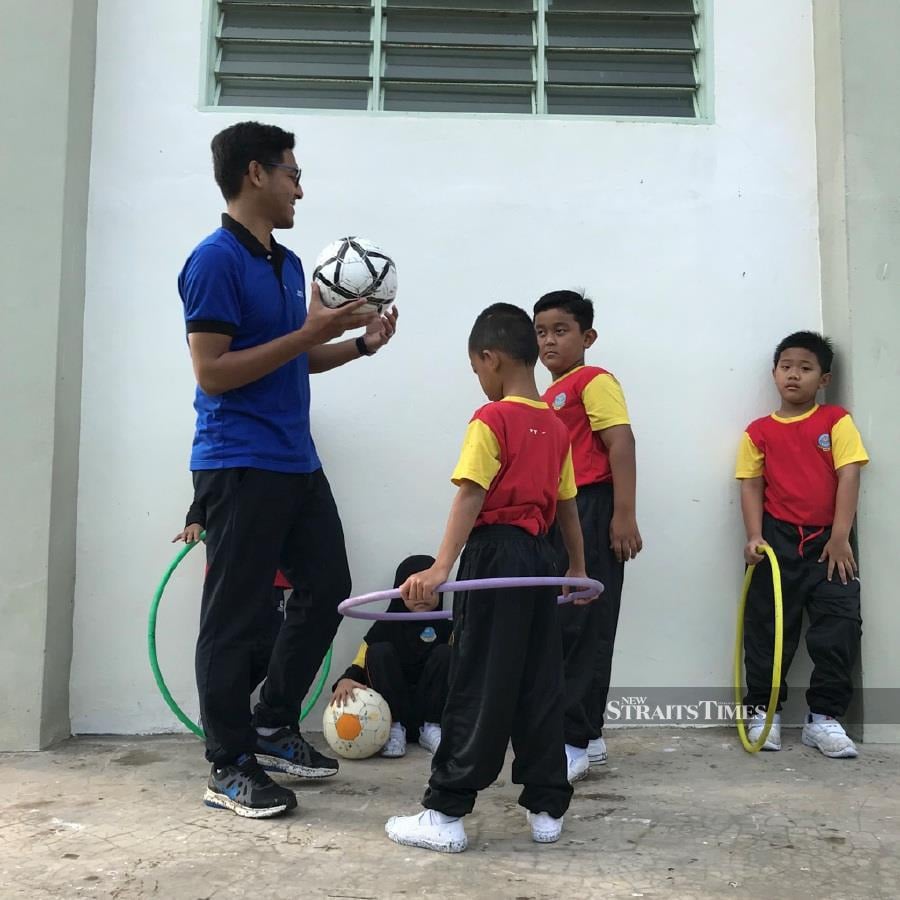
But he can't deny that faint aura of sadness clouding his increasingly popular Instagram posts (he has a following of 127,000) where the young English teacher has been documenting his thoughts and feelings about life, love and loss.
"We were love drunk, waiting on a miracle. Trying to find ourselves in the winter snow. So alone in love like the world had disappeared," says his caption of a poignant picture of him helping his late wife out of her wheelchair.
"Whatever I write is a form of self-expression. I can be totally honest when I put my thoughts to pen," he muses. He shakes his head slightly when I remind him of his popularity. His smile slips a little. "I'm not entirely comfortable with this popularity," admits Kamal, wincing, adding: "I'm an introvert. There are days when I need some recovery time after a session of meeting people."
He never set out to be popular. "I used to be a blogger at one time. I just wanted an outlet to pen my thoughts and document my journey as a student in New Zealand. Somehow my blog developed quite a following," he recalls.
"I've not seen anything!" I counter, surprised. He nods before admitting sheepishly: "That's because I deleted everything! I just wanted some privacy. I wanted that space to myself but somehow people hopped on to my Instagram account and followed me there."
His followers grew exponentially on the worst day of his life. "I'd just buried my wife. There were all these emotions that I needed to process and I just put them down in a post," he recalls softly. Within moments, that post went viral.
He grows quiet. In companiable silence, we listen to the sound of rain pelting against the window panes. Six years may have passed but grief doesn't really have a timeline. Those who deal with it understand that deeply.
I can't help but recall my own research on grief, when I was dealing with my late father's passing. It turned up the five — or seven, depending on the source — stages of grief. It revealed ways of grieving and ceremonies that were supposed to ease this time in my life.
I was to be reassured, according to one theory, that everyone dies, that life is death, therefore grief will come to us all. There's nothing less profound than pointing out the inevitability of dying to tie us all together in suffering.
"It doesn't get easier with time," he breaks into my thoughts. "You don't get over grief. You just go through it every day." A pause, and he looks at me intently, saying: "There's nothing I regret about the decisions I've made. Marrying my wife, caring for her and doing life with her make up some of the best memories in my life."
UNORTHODOX MEETING
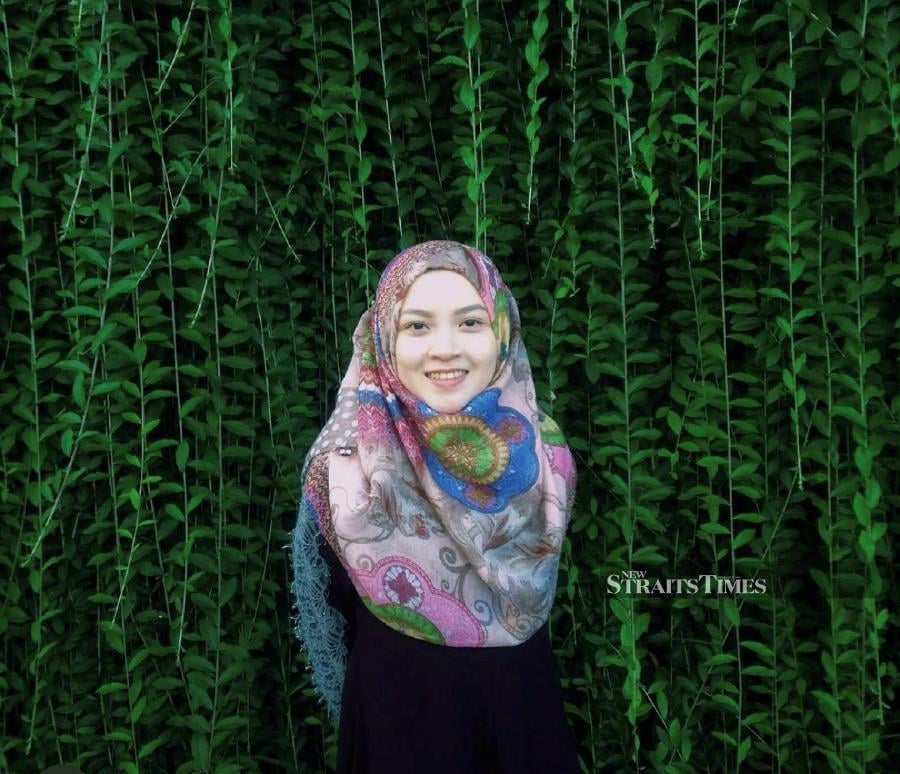
He was 24 when he first met his wife Nik Idzni Dalila back in January 2016. "She well… slid into my DMs (direct messages)," he reveals with cheeky grin. It wasn't the first time a woman had approached the popular blogger then. But it was the first time that a woman's message caught his attention.
Adds Kamal with a grin: "There's no shame in saying hello, and there's no clever one-liner needed." To him, it's more than fine to make the first move. "The thing about our story is that even I'm amazed looking back! It's like a novel isn't it? I'm so amazed at God's planning," he gushes with a smile.
Nik was a woman on a mission, says Kamal, adding: "She made very clear that she was looking for a relationship and that she wanted to meet me." Messages were exchanged and Nik revealed that she studied medicine in London and had been working in the United Kingdom for three months. "The way she approached me caught my attention. She was respectful, honest and brave. That intrigued me a lot," he recalls.
The couple eventually exchanged numbers and started messaging each other for a few months. In April, she told him that she'd like to meet him as she'd be returning home from the UK then.
A week before their planned meet-up, she messaged him and said: "I want to tell you something because I don't want you to find out from others." A few moments later, Nik dropped a bombshell. "I have cancer," she wrote.
Recounts Kamal: "You know when people tell you they have cancer, you immediately ask what stage, kan?" The message that pinged back was brief but sombre. She replied: "Stage 4." He was now more than intrigued with Nik.
"Initially, I was somewhat reticent and playing it 'cool'. Jual mahal, according to my wife! But after her revelation, I really wanted to meet her in person," says Kamal, adding: "My admiration grew because here she was, battling stage 4 cancer and not allowing the disease to stop her from studying, graduating and working without her family back in the UK. I thought she was really strong and brave."
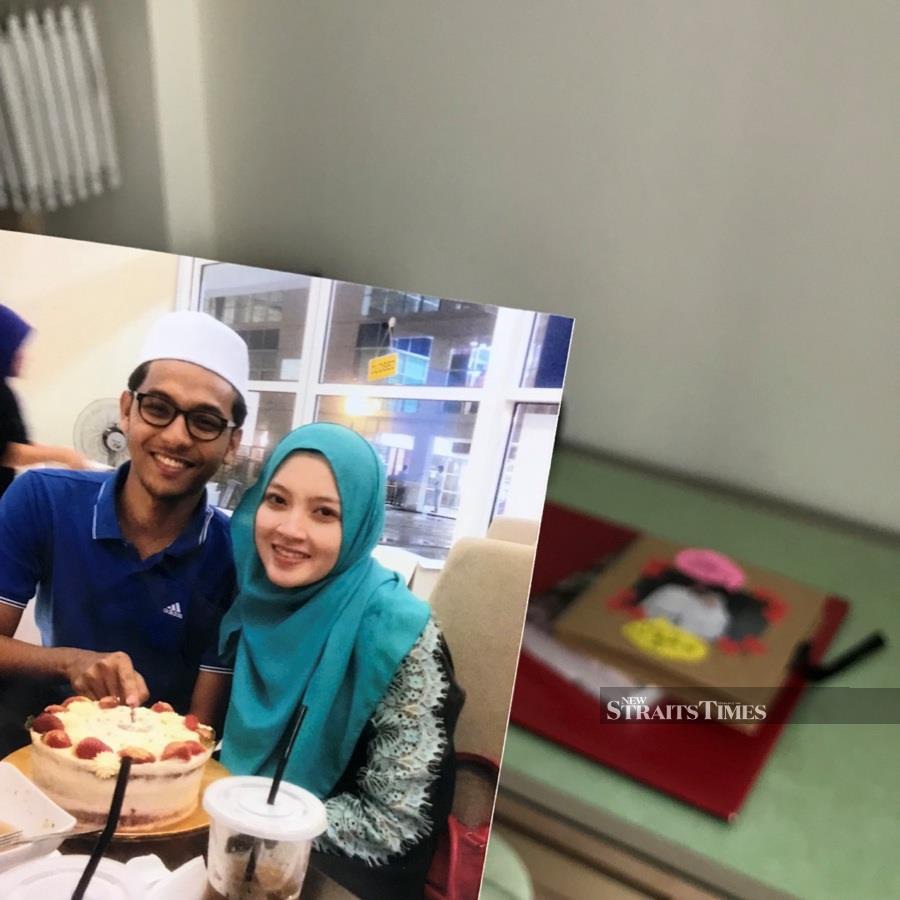
Two weeks later, they met for the first time at KLCC. She was clad simply, without make-up and bearing some vestiges of the cancer that was rapidly spreading through her body. "I noticed that her eyebrows were silver because of the medication," he remarks quietly.
Nik had renal cell carcinoma, a very rare type of cancer and she didn't have much time. She wanted to get married and she wasn't about to allow the cancer to stop her from living life to the fullest. It was a date unlike any other.
"We covered every topic we could think of during our first date. I asked her about her illness, treatment and her plans on having children," he recalls, adding: "I was honest with her. I told her I wanted to get married at the age of 30. Besides I didn't think a doctor would be suitable for me because I was only a primary school teacher!"
Nik almost gave up on Kamal. To her surprise, he called her up and asked her out again after a few days. This time, she took the trouble to dress up and wear make-up. They didn't broach the tough topics again. Instead, they went for a proper date and enjoyed each other's company. After their second date, Kamal returned to his family to discuss and mull over his decision while Nik waited for his answer.
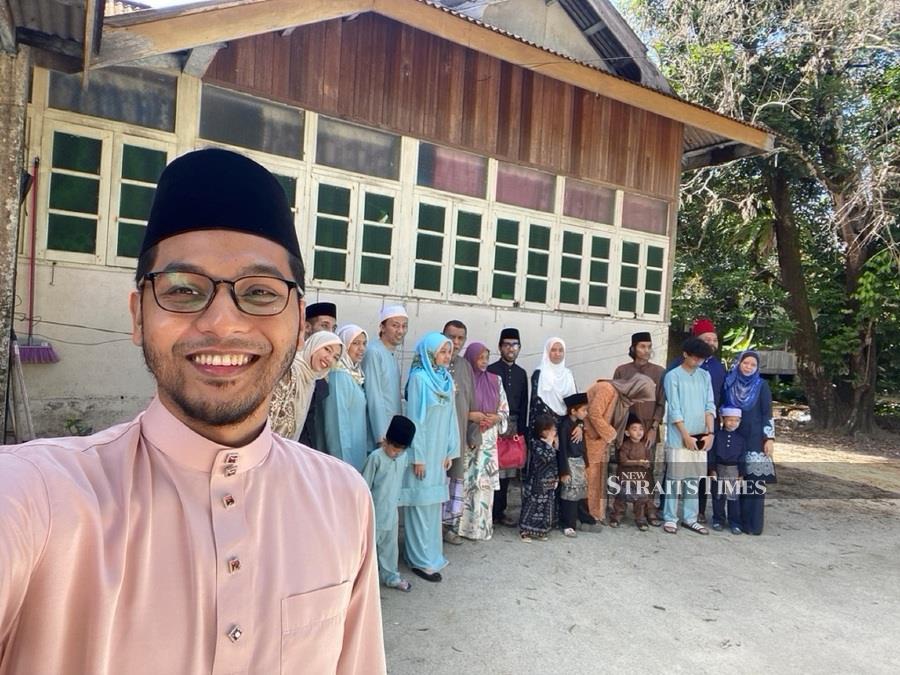
At the dinner table with his family, Kamal told them about Nik and shared her condition with them. "She wants to get married," he told them. To his shock and surprise, his mum, whom he's close to, replied: "Do it. Make her happy."
Kamal grows quiet again. The rain outside hasn't let up. "People like to ask me why I decided to marry this girl when I knew she had cancer. I can't give a definite answer. I do have my own private reasons that I don't have to explain to anyone. Part of it is that I wanted to make her happy and I wanted to be kind," he shares, gazing out of the window. "Were you in love with her?" I ask. "I liked her very much. But my feelings grew as our wedding day grew close," he replies.
A MARRIAGE AND A DEATH
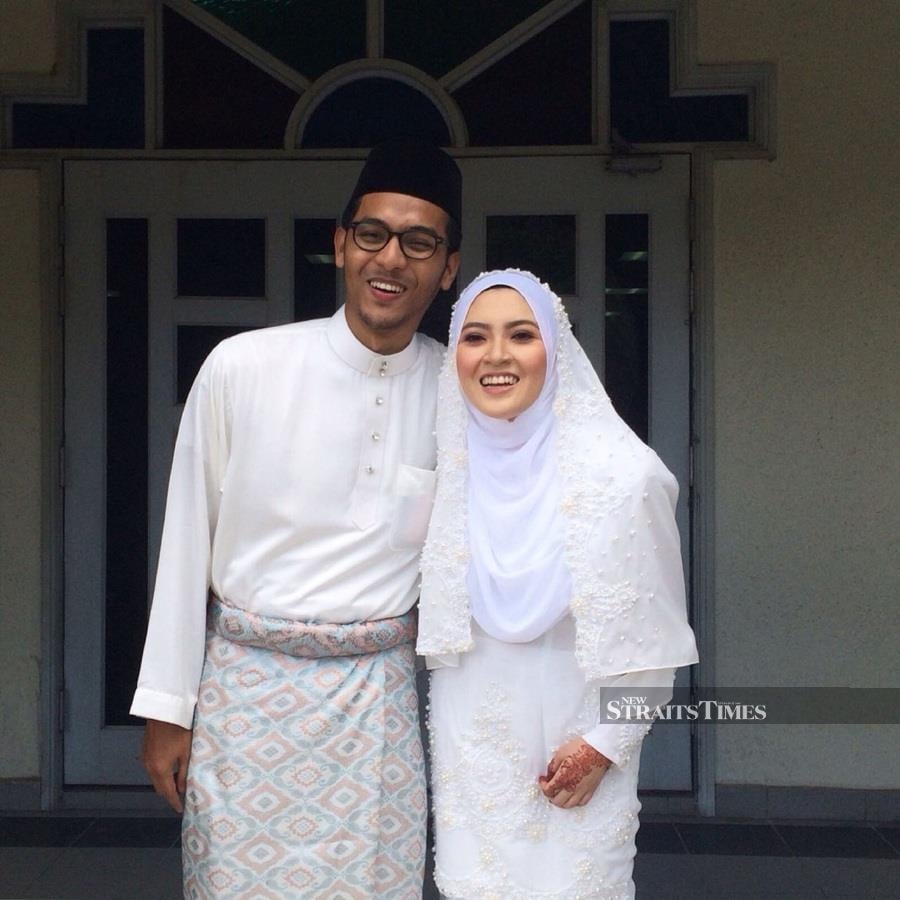
Owing to the urgency of her condition, the couple married the same year, a day after Kamal turned 25. "So much for my plans of getting married at 30!" he quips, chuckling. They had a simple, intimate wedding.
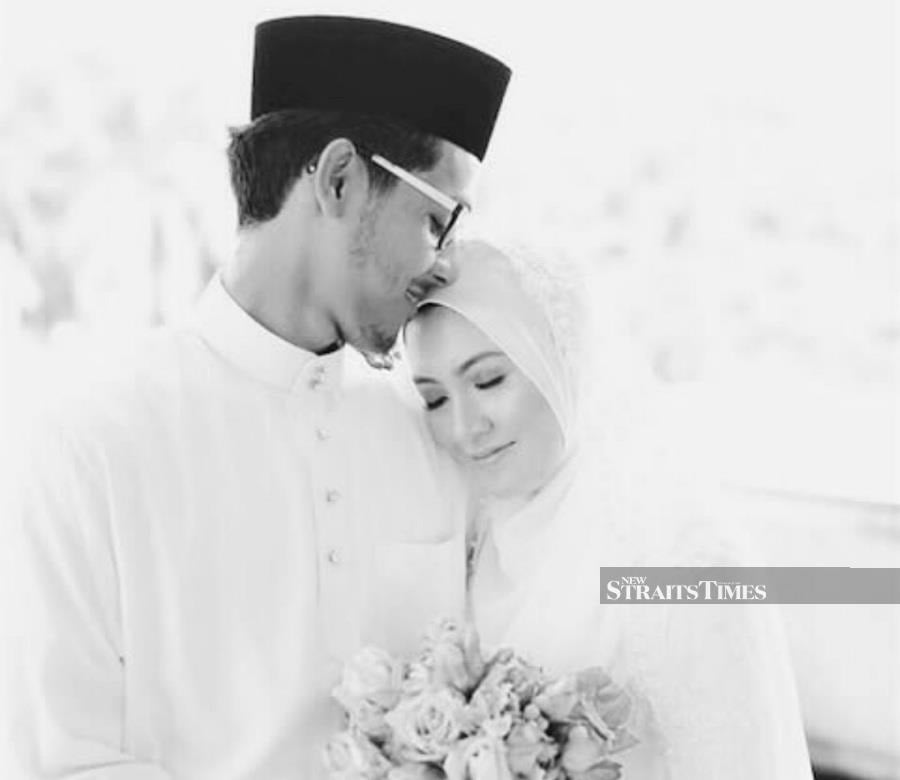
"We were concerned about money after marriage. We wanted a marriage, not a grand wedding. That's the thing about finding a soulmate. It was just so easy to do life with her," says Kamal wistfully.
Along the way, Nik taught him about her medications, her schedule in taking them and the side-effects that inevitably came along with it. "Eventually, I learnt everything. Because my wife was a doctor, I knew all there was to do with her medication and her condition. People sometimes mistook me for a doctor because I could speak their language. Imagine, I'm only a primary school teacher!" he shares, chuckling.
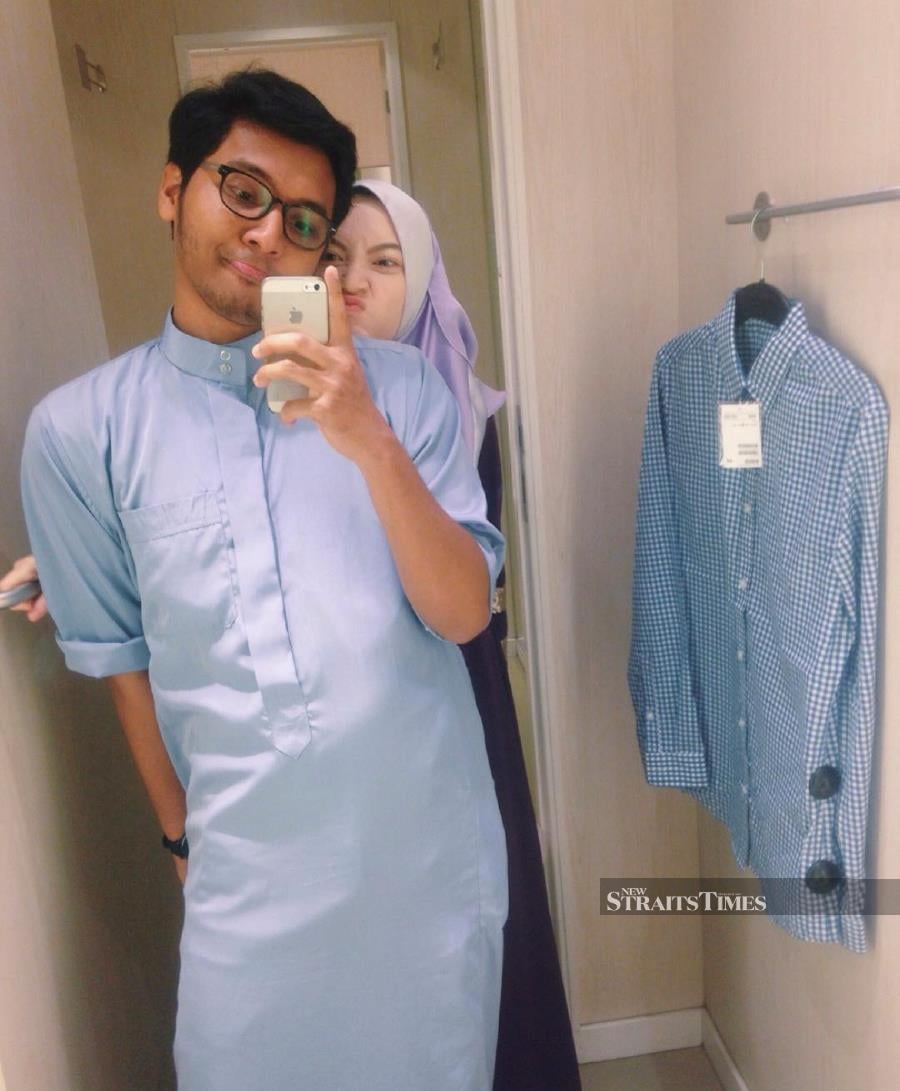
He grew to love her deeply as time went on. "I fell in love with my wife," he says simply. "She's such a remarkable person. Beautiful on the inside and the outside. It may have been a fast courtship but it felt like we knew each other forever. There wasn't anything we couldn't talk about."

Nik returned to the UK to work, while being treated at the hospital there. Kamal made plans to join her eventually. "I'd already gone over to the UK thrice and planned to find work over there. But all our plans upended when her condition deteriorated and she had to quit her job at the hospital," he recalls. His wife returned home and continued her treatment at the National Cancer Institute. Given that she was terminal, the couple opted for palliative care.
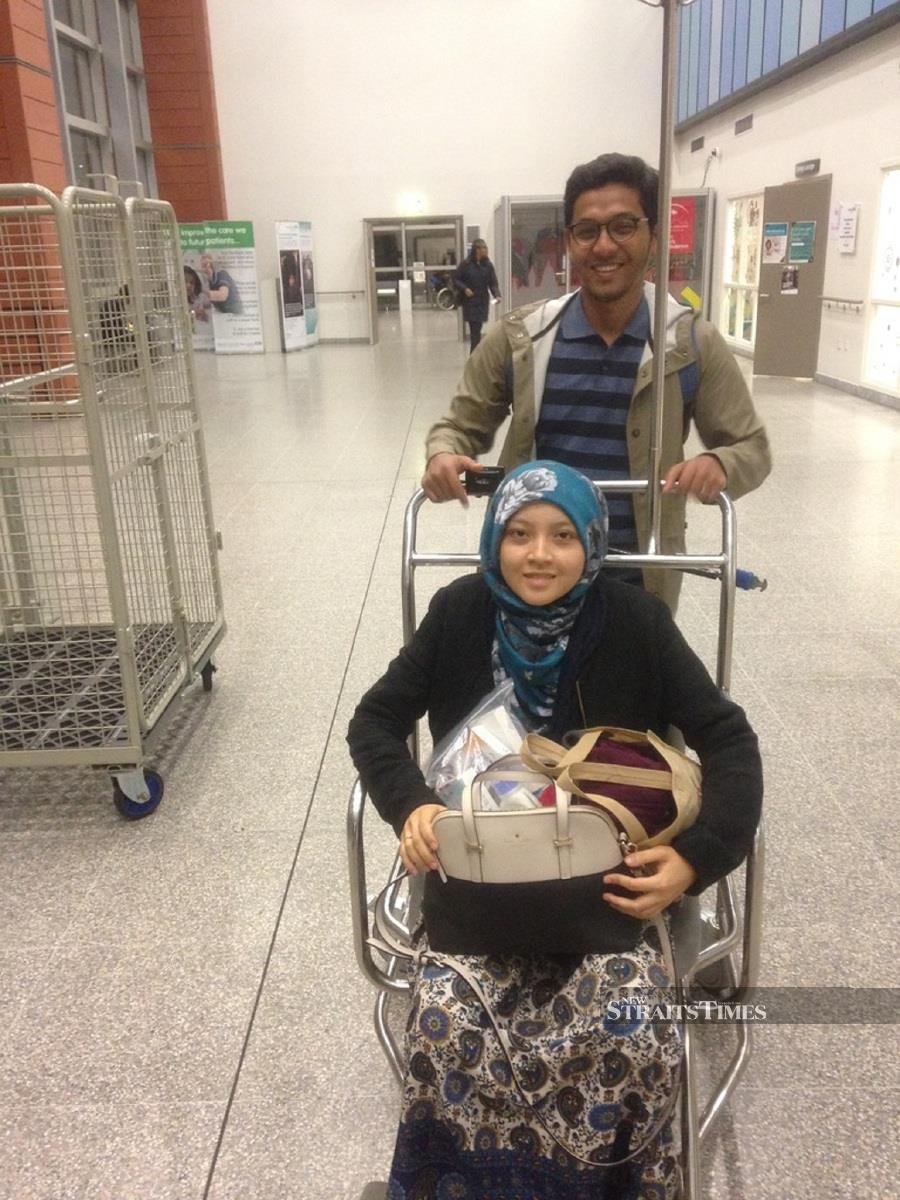
"I've never had to take care of anyone before. I never imagined that it could happen to me," he remarks, adding: "Her condition deteriorated fairly quickly. Within months, she could no longer walk. I fed her, cleaned her, gave her medication. Just like that, I took on the role of her primary caregiver."
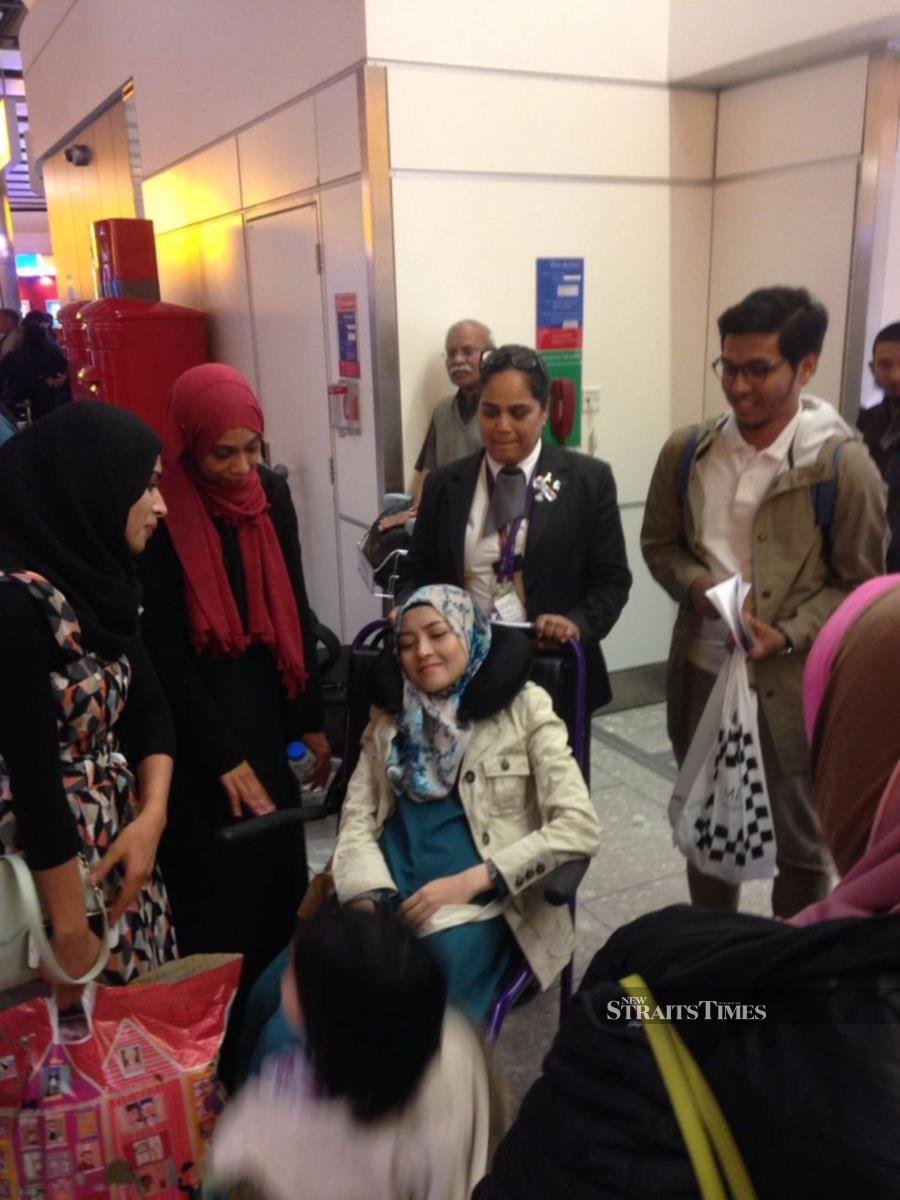
His eyes suddenly fill with tears. In a choked voice, he says that the one month prior to her death was the most beautiful and memorable experience of his life. They became closer than ever and talked about their hopes, fears and dreams. He joked with her, saying: "If you come back as a hantu, make sure you're pretty! You know what a penakut I am!"
He pauses to collect himself. "This is the grey area I'm talking about. It isn't black and white. This is what life is. Pain and joy intermingled," he finally says, his voice heavy with emotion.
During her final moments, she told Kamal not to be afraid to fall in love again, and to live life to the fullest. Wiping his eyes, he apologises for being emotional, before continuing: "I think she was worried for me."
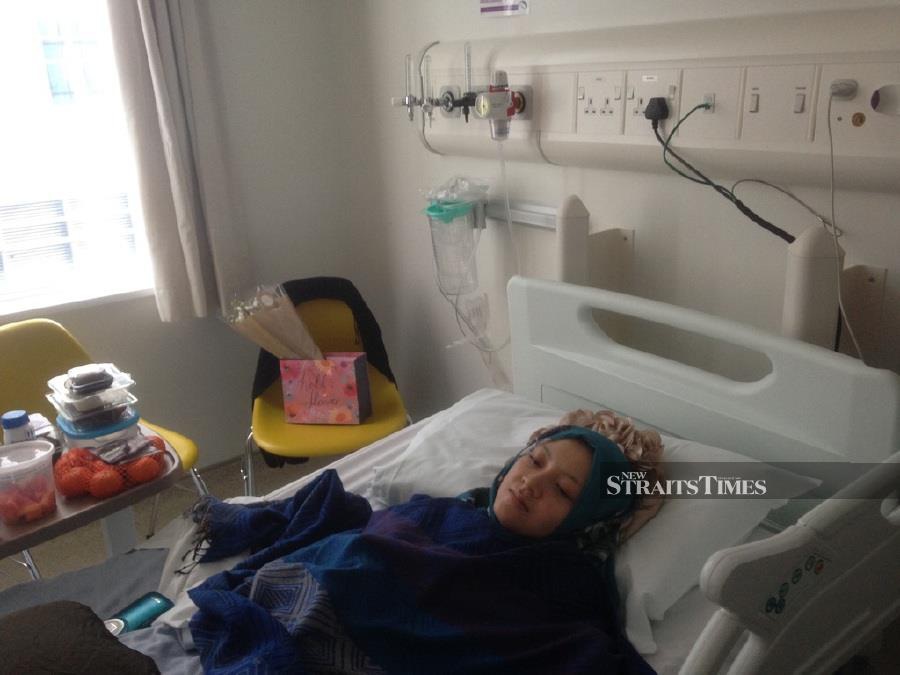
His wife passed away on their first wedding anniversary. "When He decided to take you away from me," he wrote on his Instagram post, "He took you on our wedding anniversary. Profoundly, He wants me to always remember you on my happiest day — the day I married you."
MOVING ON
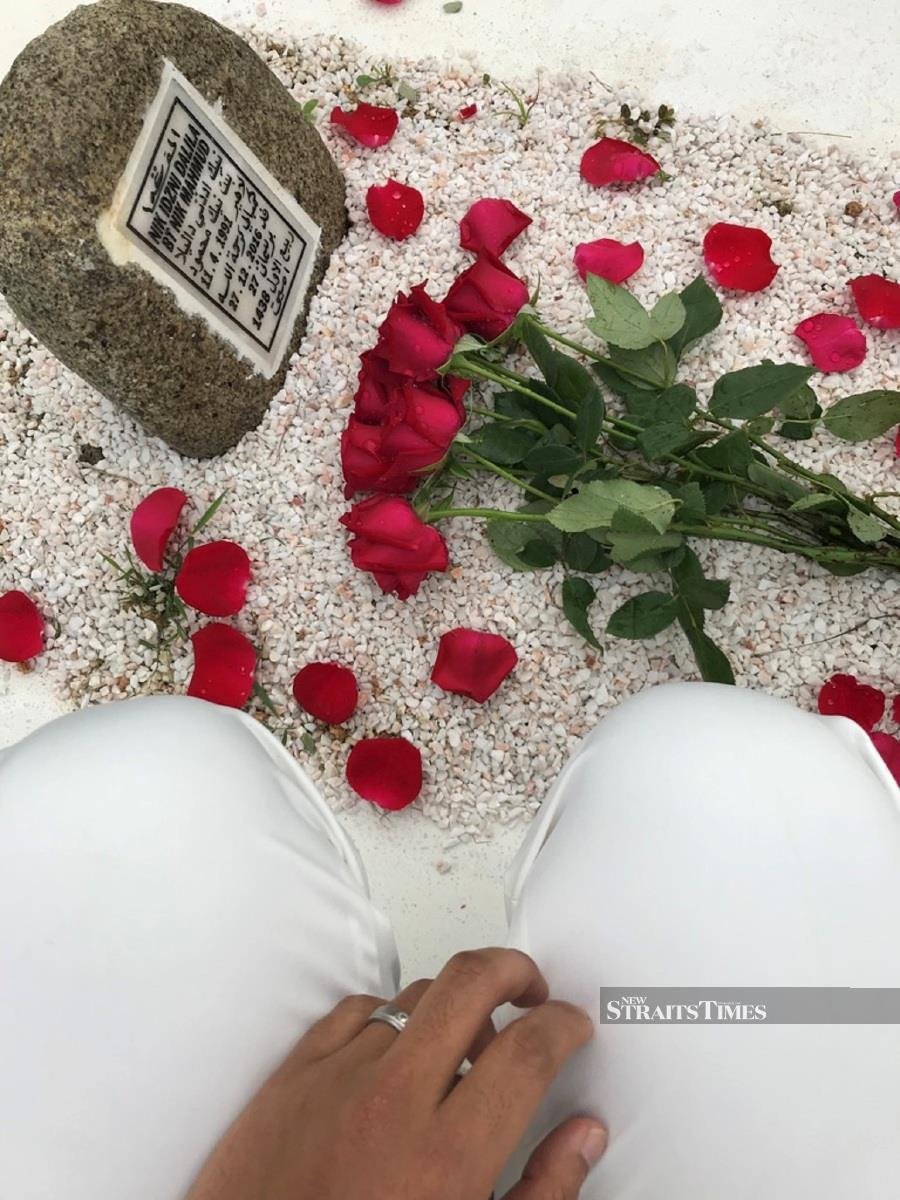
The funeral was a blur. He did everything on auto-pilot. He only cried when his mother arrived. Holding on to her, he broke down and wept loudly. Later in the morning, he returned home and sat in the room they shared during their brief marriage. "Looking at my dirty trousers, I can't imagine having put her body into the grave earlier that day. Her loss finally hit me so hard," he recalls. Pulling out his phone, Kamal penned his thoughts on Instagram.
The reception to his Instagram post was overwhelming. "Suddenly there were all these messages from people telling me how they lost their loved ones to cancer. As an introvert, I felt so heavy. At the same time, I wanted to help. Now when I meet so many people, they tell me that my vulnerability helped them deal with their own grieving and loss," he shares.
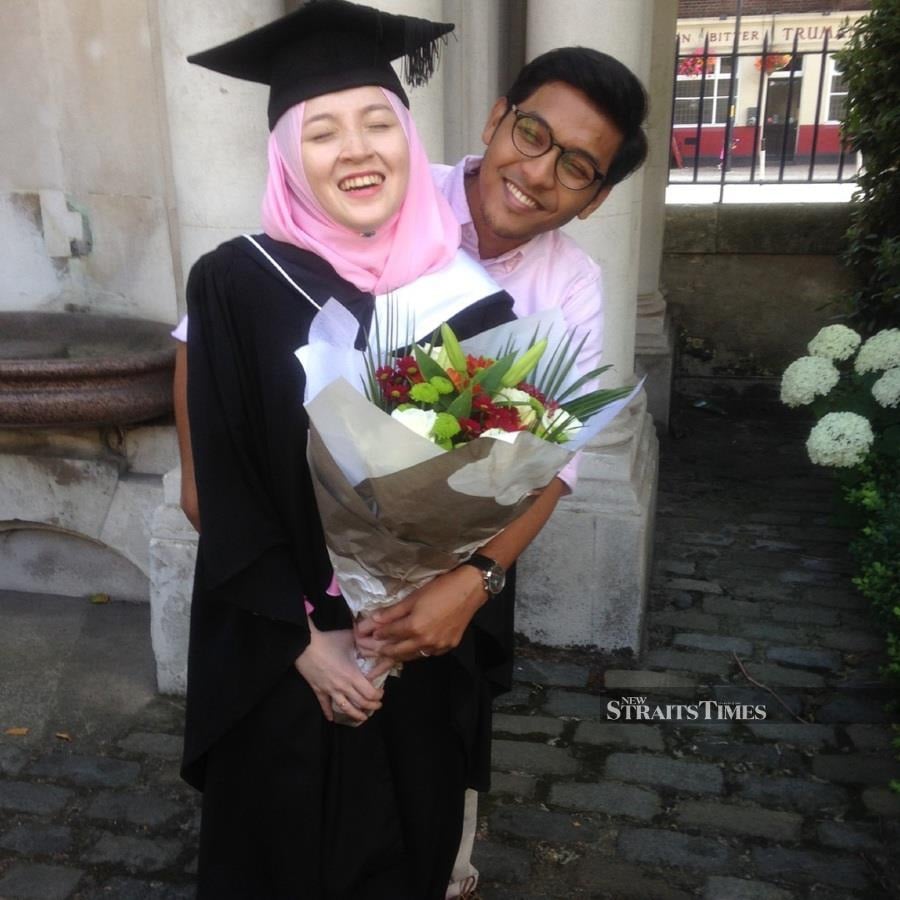
Kamal took 100 days to deal with his own sense of loss before agreeing to speak at an event about his experience. "I didn't want to be seen as using her death as a sense of self-promotion. I wanted to be respectful to both my in-laws as well as my family. But I really do want to make a difference," he says quietly. It's how he's been raised, he insists. To be kind, to help, to make a difference.

The Terengganu-born is determined to take life one small step at a time. Grieving, he explains, is a journey. "I'm so thankful for Nik. That one year with her was equivalent to a marriage of 30 years. From finances to sacrifices to sickness, we took on everything together. I grew exponentially and became a better person," he asserts, eyes glistening with unshed tears.
A pause and he continues: "I wanted to make her happy, I wanted to be kind and I found her to be my soulmate. We had an adventure of a lifetime in that one year." The sixth of seven siblings, Kamal is determined to be that comforting voice to those who are desperately trying to make sense of their loss.
"We've been trained to believe that grief is a process, something linear we're capable of understanding. But there's no timeline. There isn't even a straight line," he says quietly. Continuing, he explains that pain cannot be "fixed", that companionship, not correction, is the best way to deal with grief.
He encourages those who want to be helpful to "bear witness", to offer friendship without probing questions or unsolicited advice, help if it's needed and wanted, and offer a listening ear no matter how often mourners wish to tell their story.
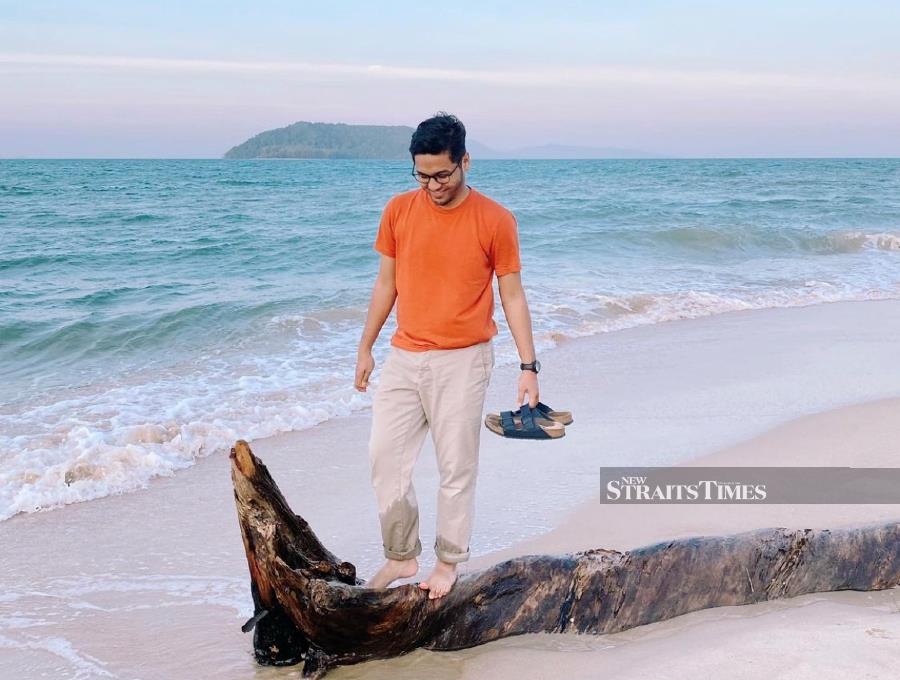
In sharing his story, Kamal hopes people would better understand bereavement and learn how to deal with loss, or even help someone else who needs support and understanding. "It doesn't take much to be kind," he says softly, adding: "We may each navigate the landscape of grief alone, but we're also all in this together."
Life goes on, he adds quietly. As she embraced her own death, Nik taught Kamal how to live. And that's what he's been doing ever since. Kamal is now pursuing his Masters of Education in Educational Management.
"I'm looking forward to it!" he says, face lighting up again. "I'm sure she'd be very proud of you," I say and he nods in agreement, saying softly: "She'd have wanted me to be happy, to move on, live life and make new memories."


